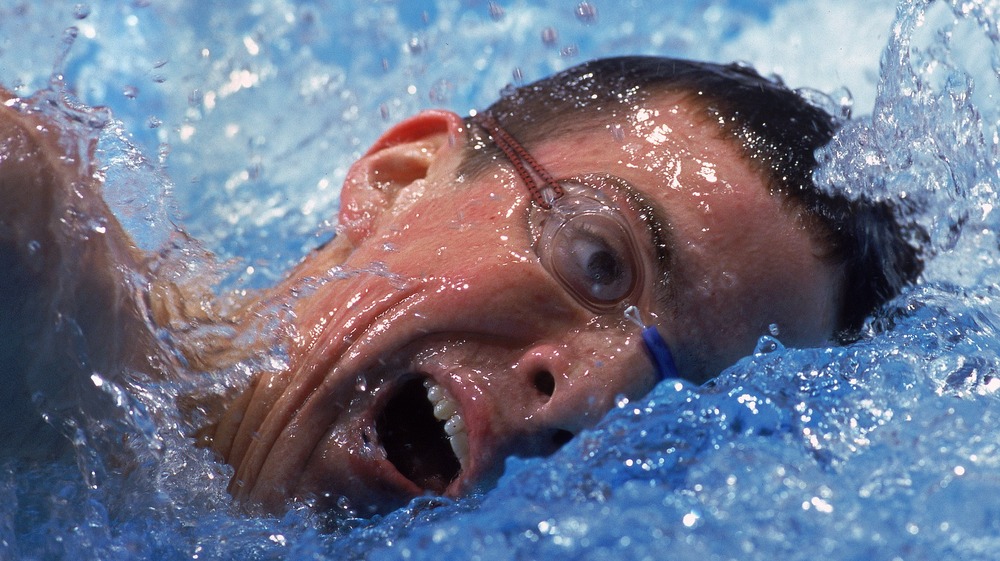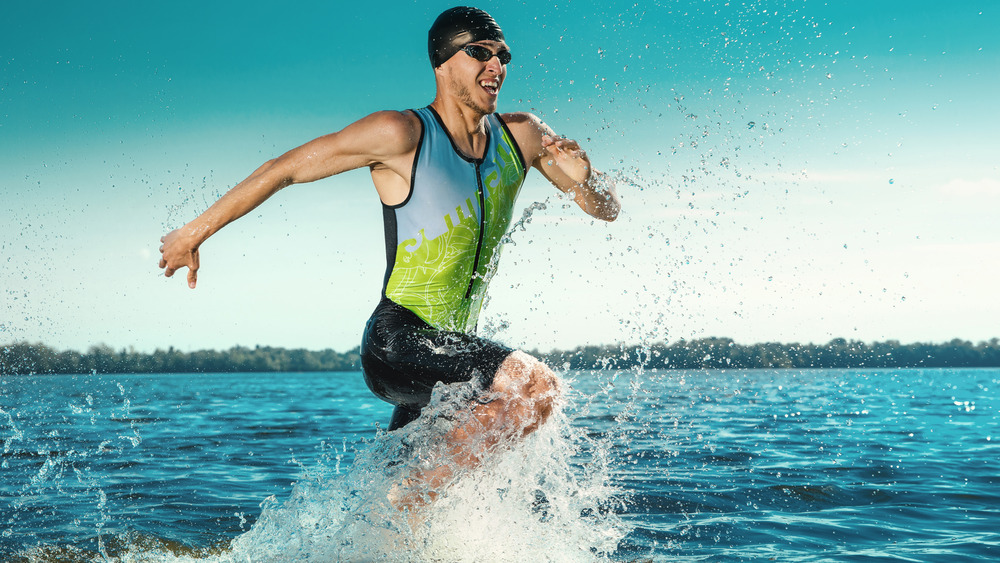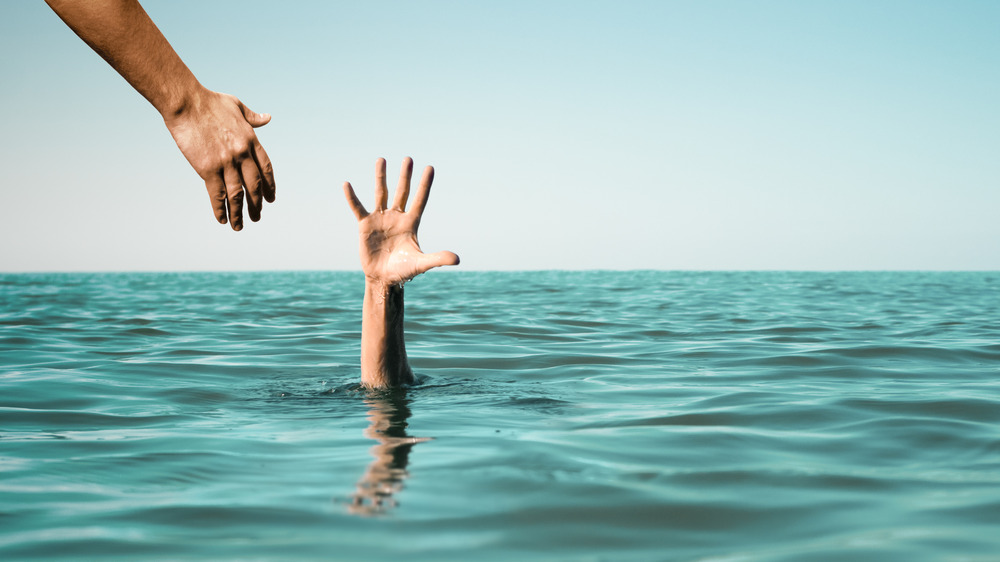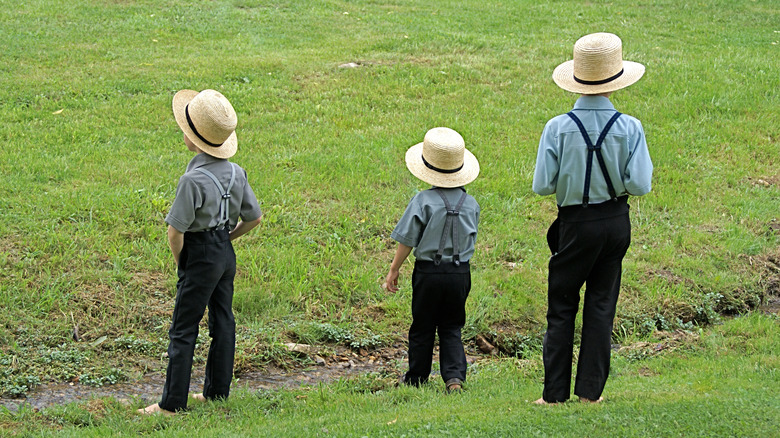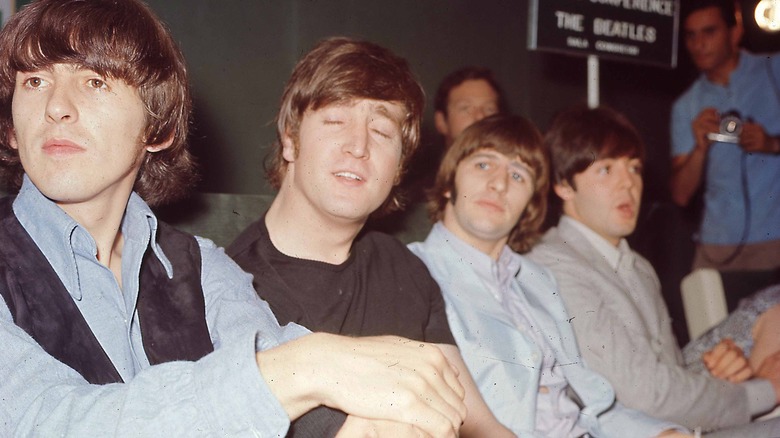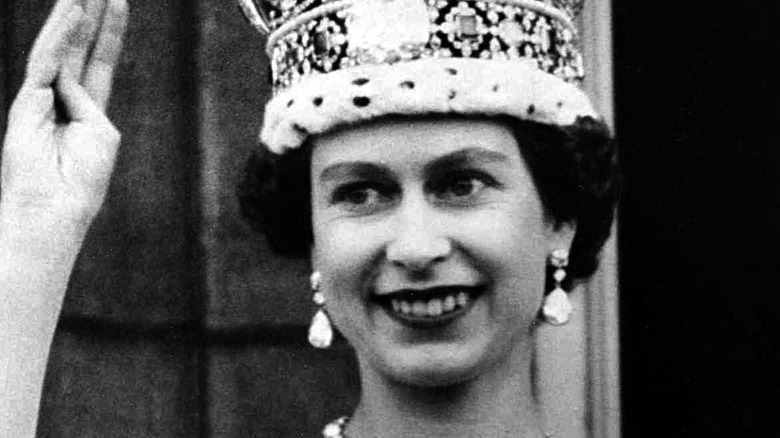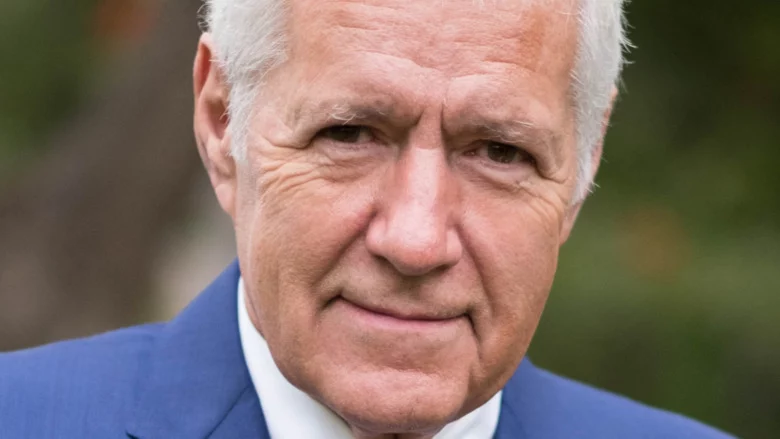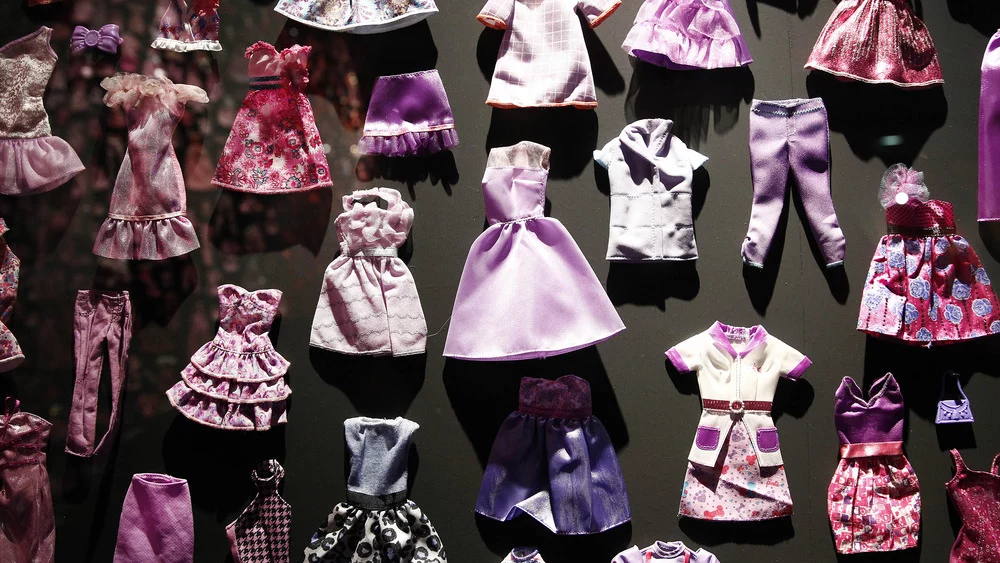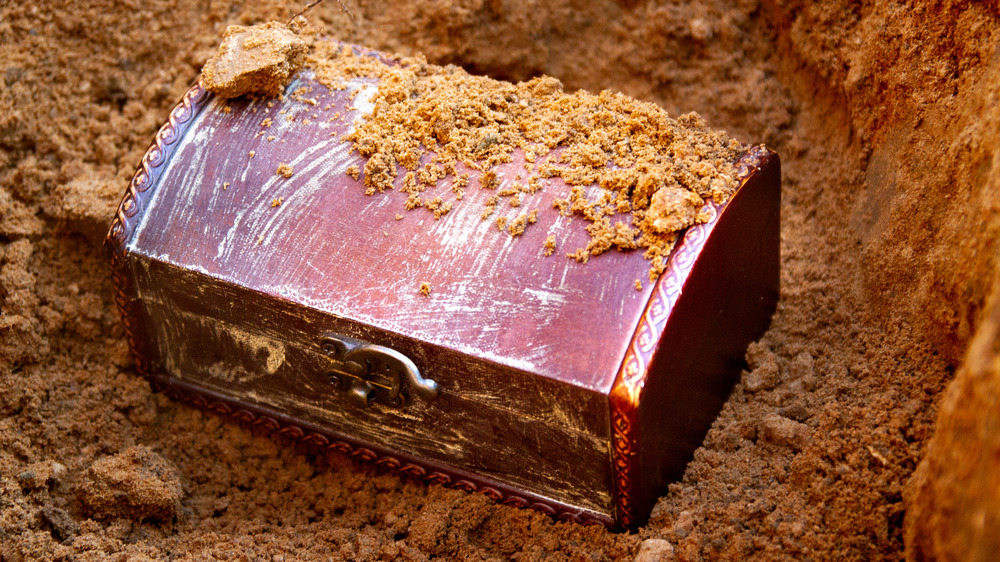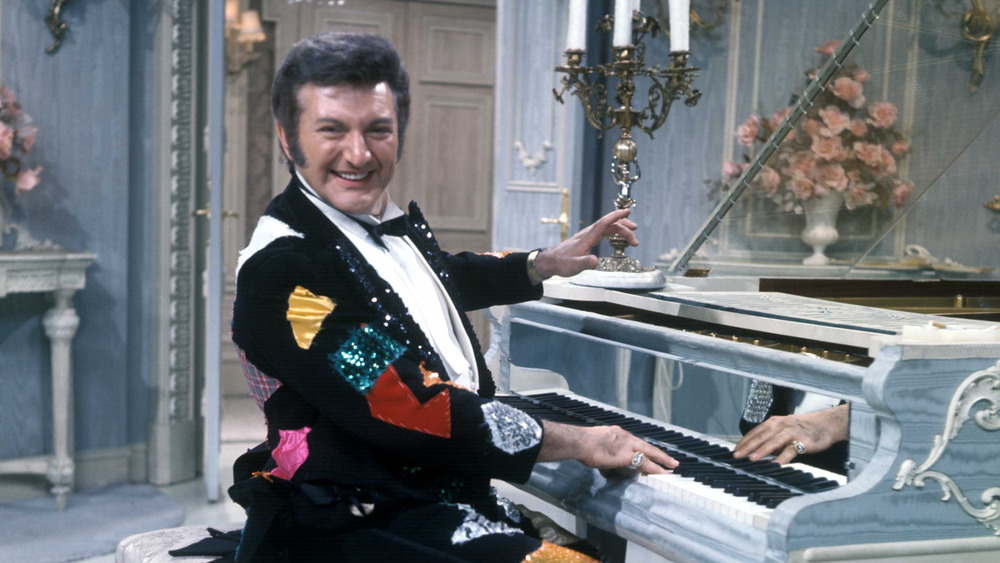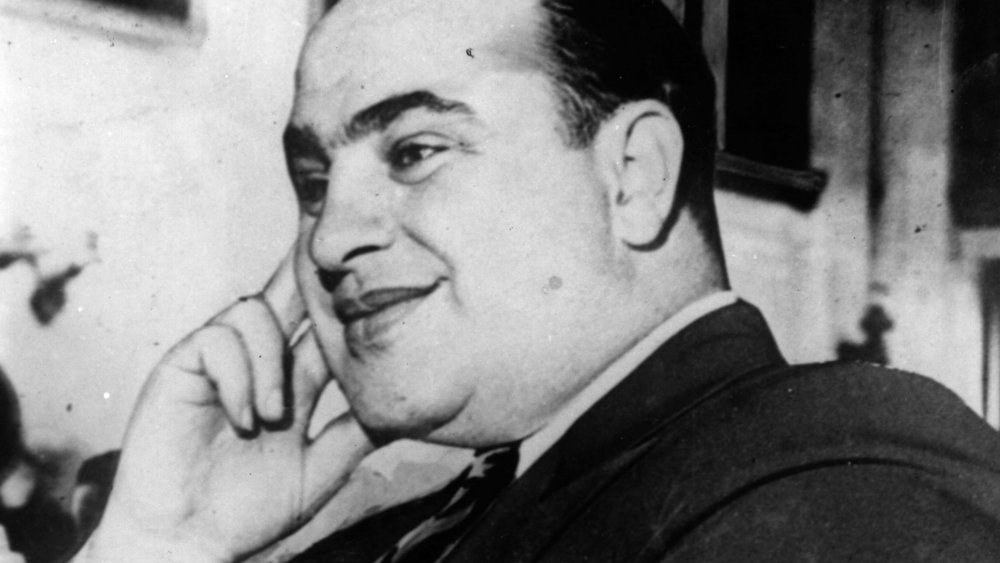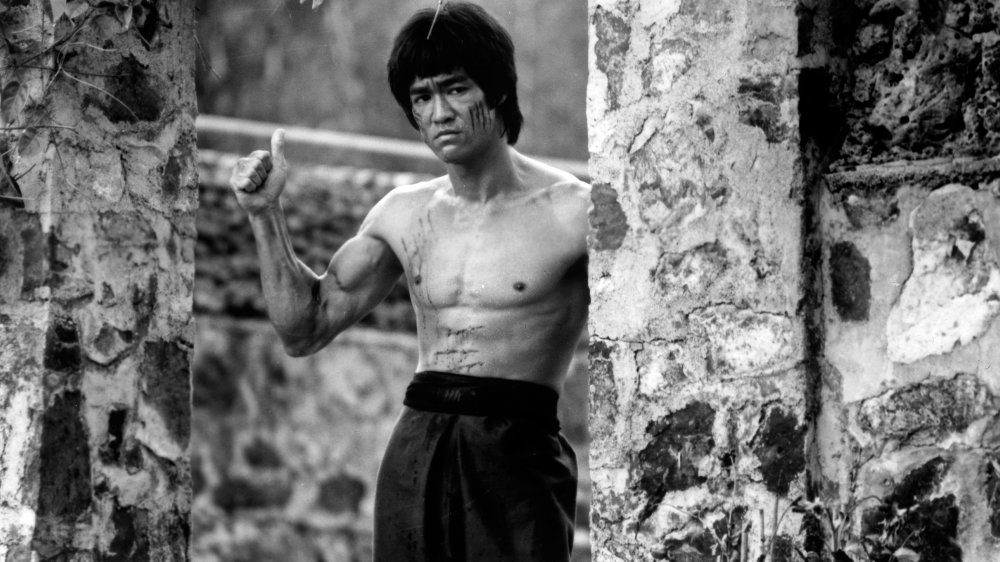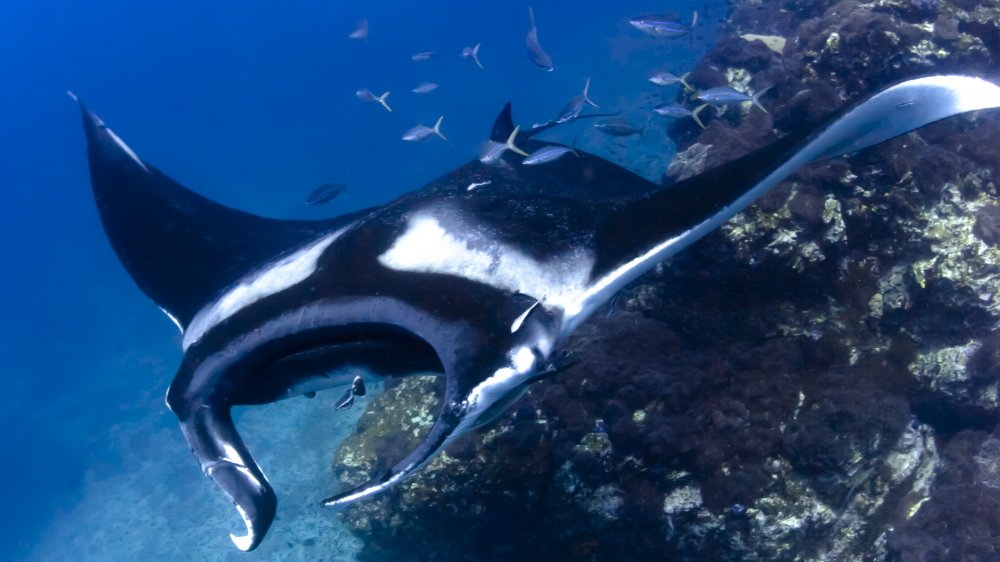
The Tragic Death Of All-American Swimmer Fran Crippen
It can be easy to forget just how good champion-level athletes are. When we watch them on TV, the motions they perform, the techniques they use — they don’t look all that different from the way we play the sport. Or at least that’s what we tell ourselves. When you see an athlete in peak condition, they can make their feats look so easy, so normal, it can fool the eye. That was the way Fran Crippen swam. Strong, confident, and seeming to glide through the water.
The Pennsylvania-born Crippen had been a swimmer (in a family of swimmers) since childhood. Showing talent early and being accepted onto the University of Virginia’s swim team, Crippen seemed to not just live up to expectation but to exceed it. He was named an All-American 11 times and was twice the swimmer of the year for the Atlantic Coast Conference. He represented the U.S. and medaled at the Goodwill Games and Pan-American Games.
Maybe it was all the success or the confidence of an athlete in his prime, but Crippen craved greater challenges than what the pool could offer him. In 2006, Crippen left the pool for open water and never looked back.
Fran Crippen takes to open water
Pool swimming is no easy feat, but as anyone who has had to battle waves, cold temperatures, and murky visibility can tell you, open-water swimming — whether in lakes, rivers, or oceans — is much more punishing. In a beginner’s guide to the still-emerging sport, Outside describes it, at various points, as exciting, intense, surreal, and terrifying.
Despite the challenges, though, and the vast difference between open water and the pool, Crippen still excelled, going on to medal in open-water swimming in the Pan Pacific Championships, and become a six-time US National Champion in the sport.
By most accounts, Crippen was considered a prime contender for the 2012 Olympics. But he would never have the chance to compete. In 2010, the 26-year old was in the United Arab Emirates, competing in an open-water race in Abu Dhabi. As is usually the case in the Middle East, the outdoor temperatures were high — possibly as high as 100 degrees Fahrenheit, according to ABC News. Water temps were also high, at around 86 degrees.
While that may sound pleasant for a dip in the pool — most pools’ ideal temperature is between 86 and 88 degrees, says American Pool – that temperature is far from ideal when ambient temps are that high. Add to that the exertion of the 10-km ocean course, and it was all a recipe for disaster.
Here's what happened to Fran Crippen
According to ABC News, Crippen’s sister, Maddy, said Fran was nervous about safety protocols at events. She shared that “in the months leading up to this event my brother had written letters to different organizing committees about safety, the number of people that were there, the doctors that should be there, the support staff and the lack thereof.”
Turns out, he was right to be worried. A different ABC News piece reports that several swimmers at the UAE event had complained of dehydration and disorientation, likely due to the effects of the heat, and that three had to be taken to the hospital.
Even more galling, no officials seemed to notice anything was amiss. It was one of Fran’s teammates, Alex Meyer (per ESPN) who began to worry when he completed the UAE course but couldn’t spot Crippen anywhere. A female American swimmer says she began to get dizzy and vomit and began calling for help during the course and no one heard her. Eventually, she was able to stabilize herself enough to finish the race, but it’s possible Crippen faced a similar terrifying challenge. In the end, it took two hours for rescuers (with help from his exhausted teammates who nevertheless plunged back into the water to help search) to find Crippen’s body.
What's changed in the aftermath of Fran Crippen's death
Autopsy results released in 2010, as reported by ABC News, concluded that Crippen most likely died from one of two possibilities: cardiac arrhythmia, or death by drowning due to passing out. Neither is pleasant to consider, but the outcome is even more troublesome with the realization that Crippen may have been saved, had there been adequate supervision or nearby boat patrols to watch the athletes.
Crippen’s sister Maddy told The New York Times that she believes her brother “drowned because nobody was there.” While his family has expressed hope his death might not have been in vain and that safety changes and rule changes would go into effect, the results haven’t been overwhelming. Swimming World Magazine notes that FINA, the sport’s governing body, set an upper-temperature limit for races as a result of Crippen’s death, but they go on to express dismay that FINA continues “to hold competitions that violate temperature rules in ways that are dumbfounding and irresponsible.”
Crippen’s family, meanwhile, is still trying to come to grips with his death more than 10 years later. According to ESPN, Crippen’s mother has said, “I wish I could say Fran’s death has changed the course of OW swimming with total focus on the safety of the athlete, but when I hear of races still being held under questionable conditions, when I hear it’s up to swimmers to pull out of races because of unacceptable conditions, I am disheartened.”
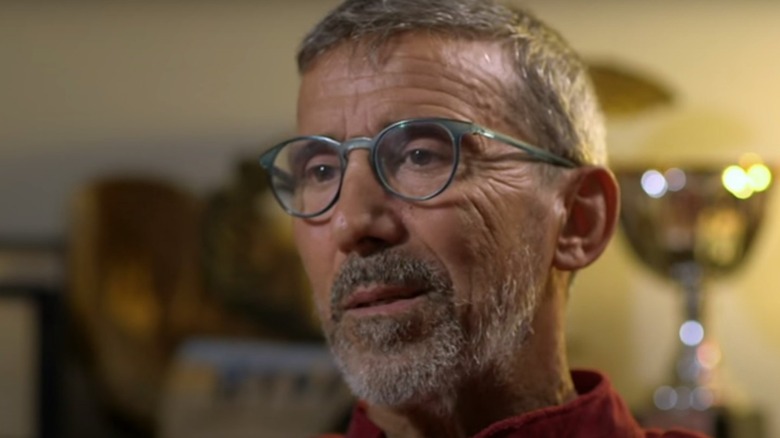
The Surprising Way This Man Survived Nine Days In The Sahara Desert

The American Gladiators: Who They Are and Why They’re So Iconic

This NFL Player Tried A TikTok Challenge And The Internet Isn't Happy

Here's How Allyson Felix Just Made Olympics History

Details You Didn't Notice In The Tampa Bay Buccaneers Super Bowl LV Ring
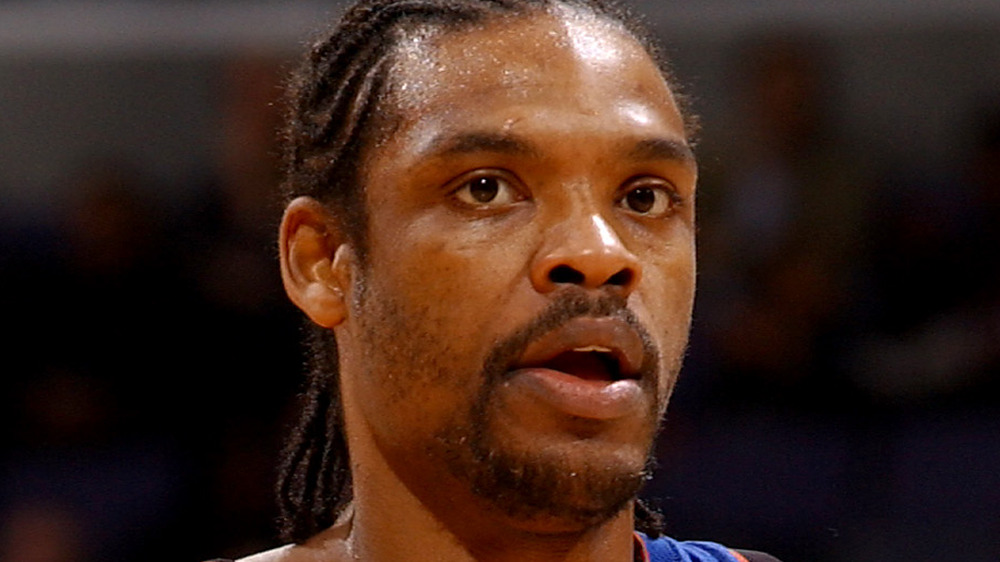
How NBA Star Latrell Sprewell Lost All His Money

How Tim Tebow Dismantled His Own Career

The Truth About Donnie Yen's Five Rules Of Martial Arts Mastery

The Real Reason Jeff Bezos Wants To Buy An NFL Team

Worst Crimes Committed By MLB Players
